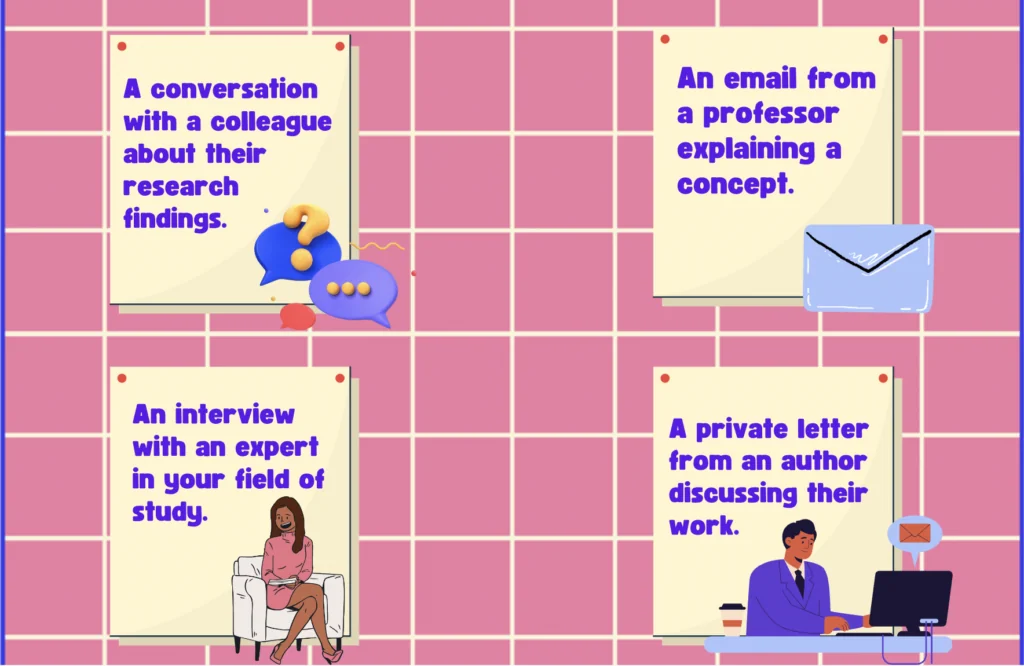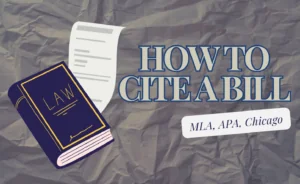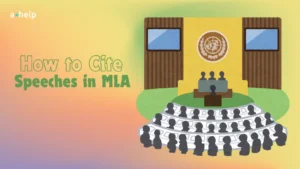When writing academic papers, it’s important to give credit to the sources of the information you use. This includes not just books and articles but also personal communication like emails, interviews, and private letters. Citing personal communication correctly helps you avoid plagiarism and adds credibility to your work.

✅ AI Essay Writer ✅ AI Detector ✅ Plagchecker ✅ Paraphraser
✅ Summarizer ✅ Citation Generator
One common citation style used in academic writing is the APA (American Psychological Association) style. It’s widely used in the social sciences, such as psychology, sociology, and education. In the APA style, citing personal communication is a bit different from citing published sources. You need to include the communicator’s name, the phrase “personal communication,” and the date of communication. The APA style is popular because it provides clear guidelines for formatting and citing sources, and makes it easier for readers to follow and understand your research.
What Falls Under the Umbrella of Personal Communication in Academic Writing?
In academic writing, personal communication refers to any information you receive directly from a person, rather than from a published source. This can include conversations, whether they’re face-to-face, over the phone, or via online platforms, as well as written communication like emails, private letters, or direct messages.
Here are some common examples.

It’s important to note that personal communication should only be cited in your academic work if it provides necessary information that’s not available from a public source.
How to Cite Personal Communication in APA
Citing personal communication in APA format is fairly easy since it isn’t a lengthy research article. You can also use a free APA citation generator to make the process even quicker. Here’s how you can do it step by step.
Identify the Key Elements
- The communicator’s name (first initial and last name).
- The phrase “personal communication.”
- The exact date of the communication (month, day, and year).
Format the In-Text Citation
Place the citation in parentheses within the text of your paper, similarly to the example below.

Include Details in Your Text
When mentioning the personal communication in your paper, provide a brief explanation of the context.

Remember, personal communication is not included in the reference list at the end of your paper because it’s not a source that readers can access. Instead, it’s cited only within the text to acknowledge the source of specific information.
When to Cite Personal Communication?
When preparing your work, it’s appropriate to include personal communication when it provides key information that cannot be accessed otherwise. Personal communication can be relevant and reliable if it comes from a credible source with expertise or firsthand experience related to your topic.
Here’s a table with examples of when it’s appropriate to cite personal communication and when it’s not:
| ✅ Appropriate to Cite | ❌ Not Appropriate to Cite |
|---|---|
| An expert’s unpublished opinion on a topic | Information that can be found in a published source |
| A personal interview with a key figure in your research | General knowledge or widely known facts |
| Direct correspondence with an author about their unpublished work | Secondhand information or hearsay |
For example, citing an email from a researcher discussing their unpublished findings is appropriate. However, citing a conversation about common knowledge or information that can be easily accessed in a published source is not necessary.
When including personal communication in your work, remember to point out its relevance to your research and make sure the source is reliable. This will definitely improve the work itself and further prove the credibility of your academic writing.
FAQ
Follow us on Reddit for more insights and updates.





Comments (0)
Welcome to A*Help comments!
We’re all about debate and discussion at A*Help.
We value the diverse opinions of users, so you may find points of view that you don’t agree with. And that’s cool. However, there are certain things we’re not OK with: attempts to manipulate our data in any way, for example, or the posting of discriminative, offensive, hateful, or disparaging material.